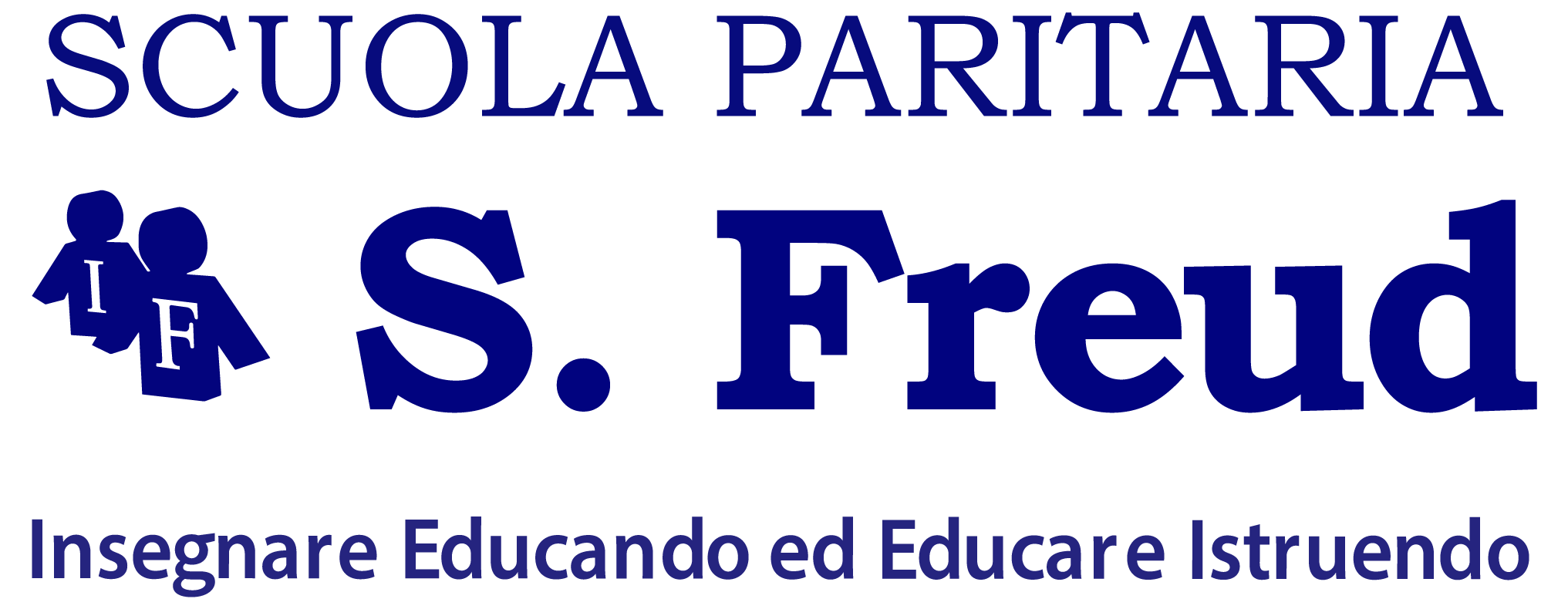22 gennaio 2022
On Saturday 22 January, Dr. Daniele Nappo, Legal Representative of the S. Freud Private School, publishes a reflection on the role of school pathways for tomorrow's adults in the national newspaper “Il Giorno”.
It is essential that pupils learn from an early age to achieve social capacity, that is, the necessary ability to assume the social role in adulthood. In fact, the school is a real socialization gym for those who attend it, precisely because within it they experience attitudes and values present in real society. We need to help students build their own identity.
Below is the article:
“School is the place where students learn. There are different ways of approaching learning and how to achieve social capacity, that is, the necessary ability to assume the social role in adulthood. It is also the task of this institution to create models, build a sense of friendship or know how to reconcile a conflict between peers. In summary, school means socialization for those who attend it, since the values and attitudes present in society can be learned from the school environment. Inequalities do not exist in the classroom, we teach how to become adults, discipline, respect, we learn the useful ways to relate to others. At school, therefore, the social life that takes place among peers becomes important, fundamental, which becomes a place in which relationships that have the purpose of making individuals acquire social skills and the right conduct become concrete. The school's task consequently is to increase the sense of belonging to the group and closeness among young people by prohibiting the quarrelsome conduct that sometimes aims to establish hierarchies of power among peers. School becomes an area of development of communication and of linguistic and expressive properties as making one's arguments explicit in a logical and understandable way can have a significant weight in being positive and winning in comparison, today and tomorrow, with others. In other words, we need to help students to build their own identity, to have ideas, ideologies and behaviors; it is necessary to encourage entry into the group even for young people less inclined to dialogue. Sometimes in the classrooms there are real social characters who compete to compete for popularity, to hold importance in the group. Here the teacher must intervene and cheer up such behaviors by bringing attention back to overcoming fears, worries and anxiety of proving to be something that one is not. The social life of the class is a place where the minor assimilates the skills that will allow him to exercise the social experience when he reaches adulthood. The ability to have suitable tools is - so studies and analyzes say - what will make the difference in individual social success. The important element in learning these skills is described by the knowledge of peers, which provides a good process to be able to assimilate the rules of the peer group and to facilitate cognitive, emotional and, indeed, social growth in the developmental age.
Scuola-Paritaria-Sigmund-Freud-Milano-LES-Liceo-Scienze-Umane-INFO-Tecnico-Informatico-TUR-Tecnico-Turistico


